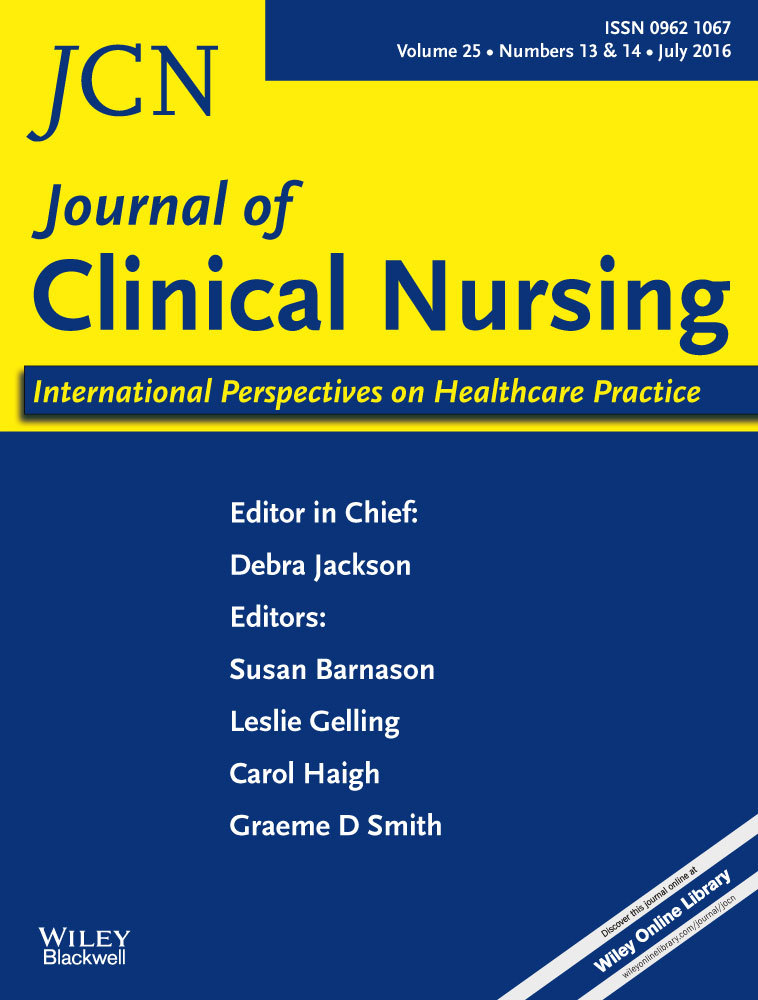A qualitative study of patient experiences of Type 2 Diabetes care delivered comparatively by General Practice Nurses and Medical Practitioners
Abstract
Aims and objectives
To explore patient experiences of type 2 diabetes mellitus care delivered by general practice nurses in collaboration with the general practitioner.
Background
Australian general practice nurses are expanding their role in multidisciplinary type 2 diabetes care with limited research on patient perceptions of care provision within this collaborative model.
Design
Qualitative interpretive.
Methods
Purposeful sampling was used to invite the patients (n = 10). Data were collected from semi-structured face-to-face interviews. Braun and Clarke's (2006) inductive coding thematic analysis process was used to interpret the data.
Results
All participants experienced their General Practice Nurse consultation as a clinical assessment for their General Practitioner. While they appreciated the extra time with the General Practice Nurse, they were unsure of the purpose of the consultation beyond clinical assessment. They described the ongoing challenge of living with T2DM and identified a need for additional information and advice.
Conclusion
The results suggest that the model of general practice nurse type 2 diabetes care has an important role to play in the delivery of effective ongoing care of patients. However, this role requires further development to ensure that it is understood by the patients as a role that not only conducts clinical assessments but also provides relevant education and self-management support as part of a collaborative approach to care delivery with General Practitioners.
Relevance to practice
The findings are relevant to primary health care clinicians providing diabetes care to inform more relevant supportive care by general practice nurses.




